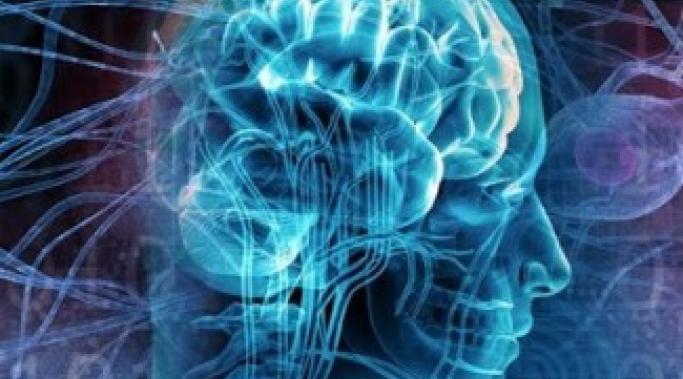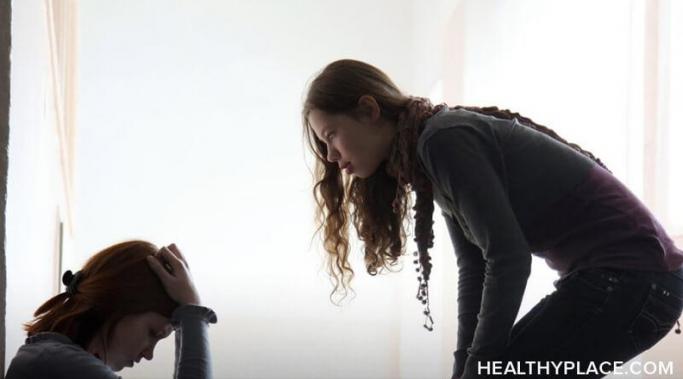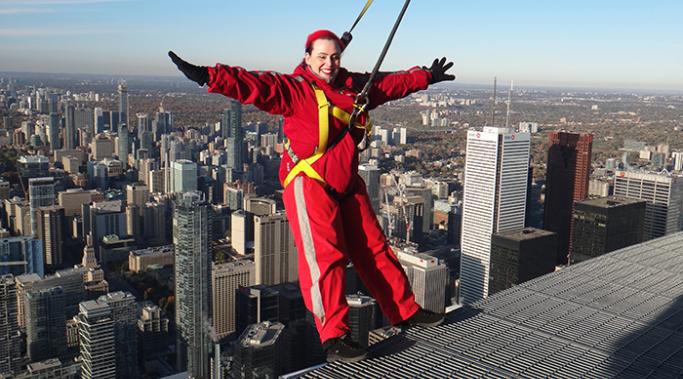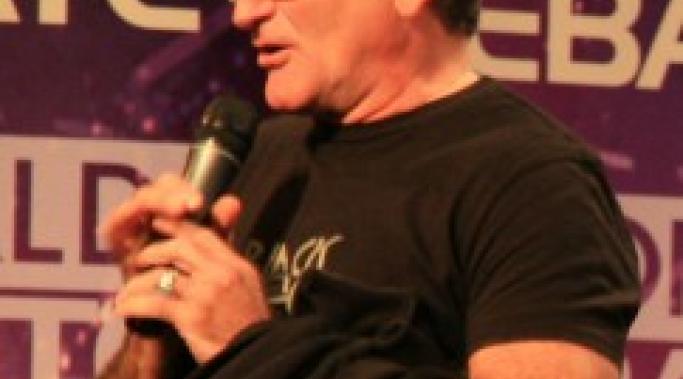Getting things done when you’re depressed isn’t just about finding time. Getting things done with depression is also about finding brain space. Brain space, for me, is the biggest limiter of my functionality in bipolar (at least partially because I’m a writer). It feels like my brain gets “full’ and then I can’t do anything because I can’t think. Or I can’t handle thinking. Or thinking causes such anxiety that I’m frozen. This brain space limits me getting things done when depressed.
Depression – Breaking Bipolar
There is a notion out there that a suicide attempt is a “cry for attention” and, thus, this invalidates what the person has done or makes it "not serious" (The Stigma Of Suicide). I would beg to differ. First off, of course, many suicide attempts have nothing to do with “attention,” per se, but secondly, so what if it did? So what if a suicide attempt is a cry for attention? Why does that make it less serious?
I have found that depression, in my case bipolar depression, amplifies physical pain (Mental Illness Means Physical Pain Too). Yes, depression brings about its own pain, to be sure, but additional to that, I believe depression amplifies the physical pain we already feel in our normal, daily lives. Stubbing your toe hurts, but stubbing you toe with serious depression feels like it could kill you.
I was thinking about adrenaline rushes and bipolar disorder the other day after I got to hang off the side of the CN Tower, the tallest, freestanding structure in the Western Hemisphere. Taking the Edge Walk, as they call it, around the outside of the building, 1168 feet in the air, led to a huge adrenaline rush (Bipolar Treatment and Risk Tolerance). So what is the effect of an adrenaline rush on bipolar disorder?
When I’m depressed I can’t make decisions because everything feels “wrong.” I know that’s really vague but that’s how it feels. If feels like doing thing A is wrong but so is doing thing B. Doing something feels wrong and so does doing nothing. When I’m actually doing something, it feels like I should be doing something else, something more. When I’m depressed it feels like every decision is the wrong decision, every move is the wrong move. Depression makes me not able to make a decision.
Maybe it’s just me, but I find the bipolar depression after a hypomania to be much worse than your average, daily depression. Post-hypomania depression is the way you pay for a hypomania (at least for me) and hypomania is very, very expensive.
Have you ever heard of mental illness being a cause of death? Cause of death: schizophrenia or cause of death: bipolar or cause of death: anorexia? No? Me neither. That’s in spite of the fact that for some mental illnesses, like depression and bipolar, suicide attempts are an actual symptom of the illness. In other words, if a person dies by suicide and they’re bipolar, really, the cause of death is bipolar. So why don’t we popularly recognize mental illness as a cause of death?
Sometimes “crying out” the pain of an emotional situation works. I just did it with a friend. She, lovingly, sat across from me as I cried about a situation that I find hard. And it worked. I did, actually, feel better after crying out my emotions. But once, a therapist told me to “cry out” my bipolar depression. Instead of fighting the depression and pushing away the feelings, he told me my bipolar depression should be cried out.
My father was a drunk. My father was a fall-down, blackout, greet-people-at-the-door-in-your-underwear kind of drunk. He was not a man who wanted kids. He was a man that had little to do with me. And he was a man with bipolar disorder.
If you haven’t heard the tragic news, I’m very sorry to tell you that Robin Williams died by apparent suicide, Monday, August 11, 2014. He was 63 years old. Williams suffered from substance abuse issues and likely bipolar disorder (his depression was confirmed recently by his publicist, bipolar not as much).
In other words, we lost one of us. We lost one of the bipolar/depression community at large. And the stark reality of losing a person with a mental illness who is so incredibly brilliant, talented and outwardly happy can easily bring about feelings of depression, anxiety and even our own thoughts of suicide. All of us, myself included, need to react to this tragically genuinely, but without allowing it to make our own mental health or depression worse.








